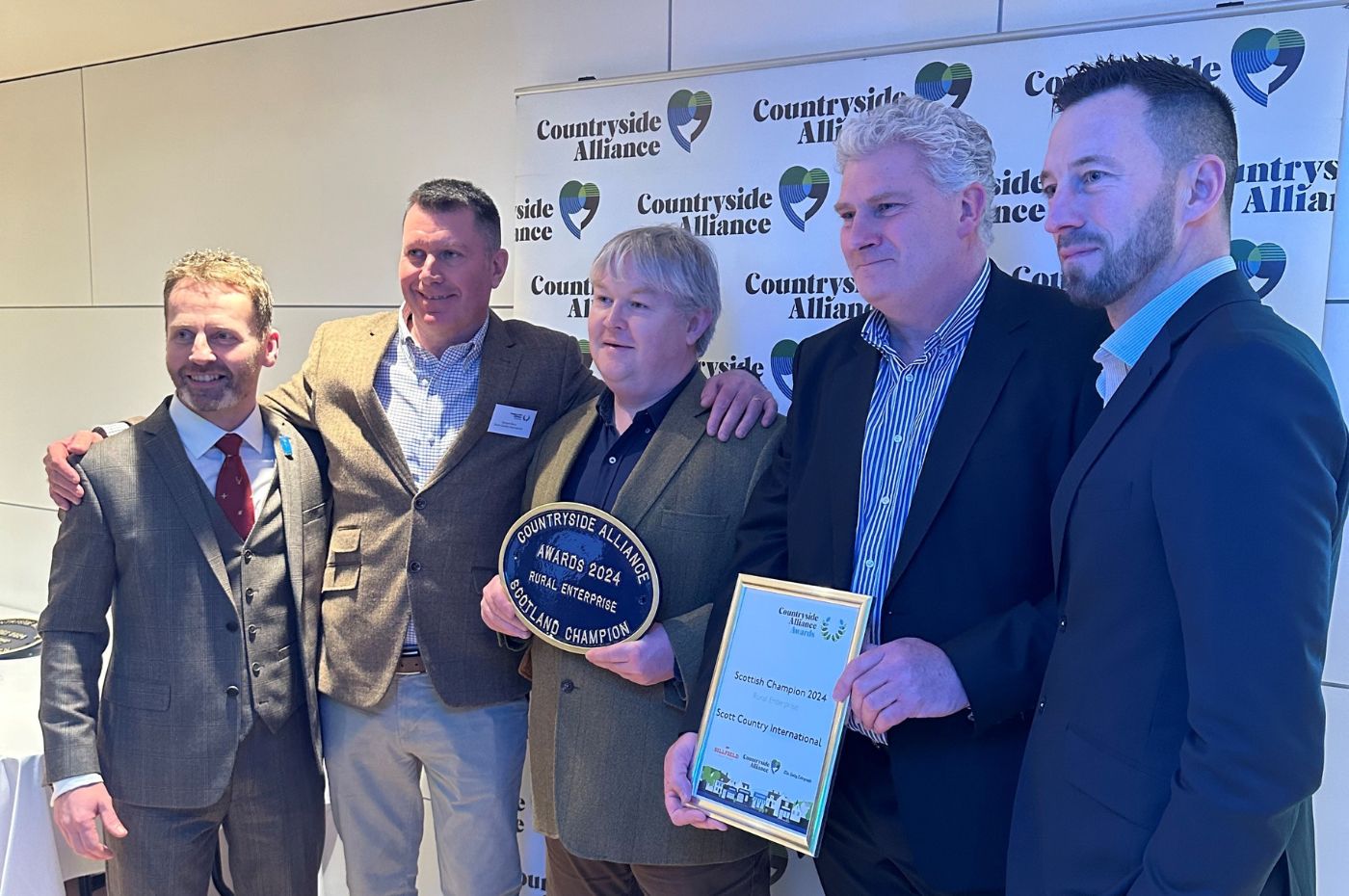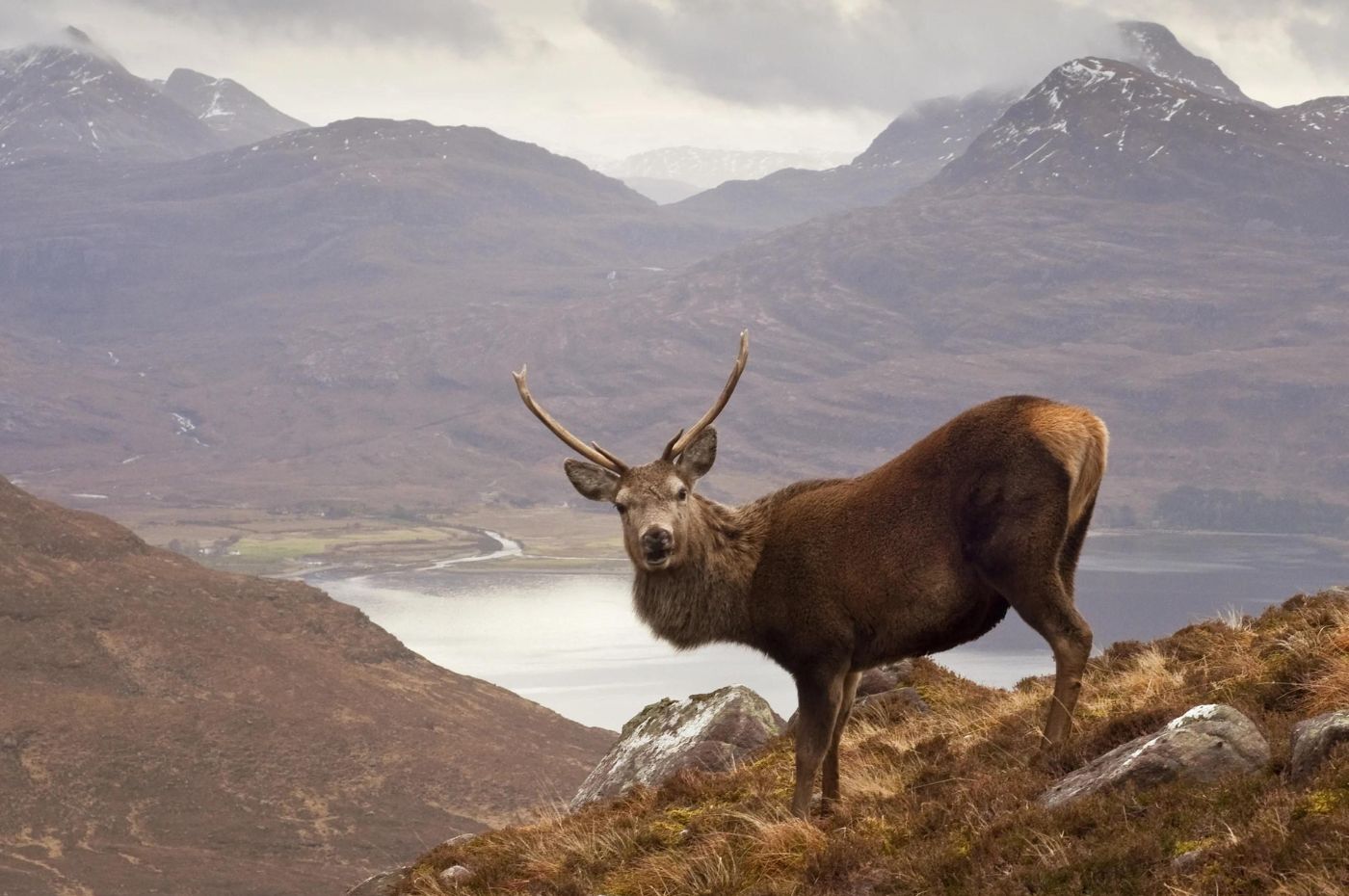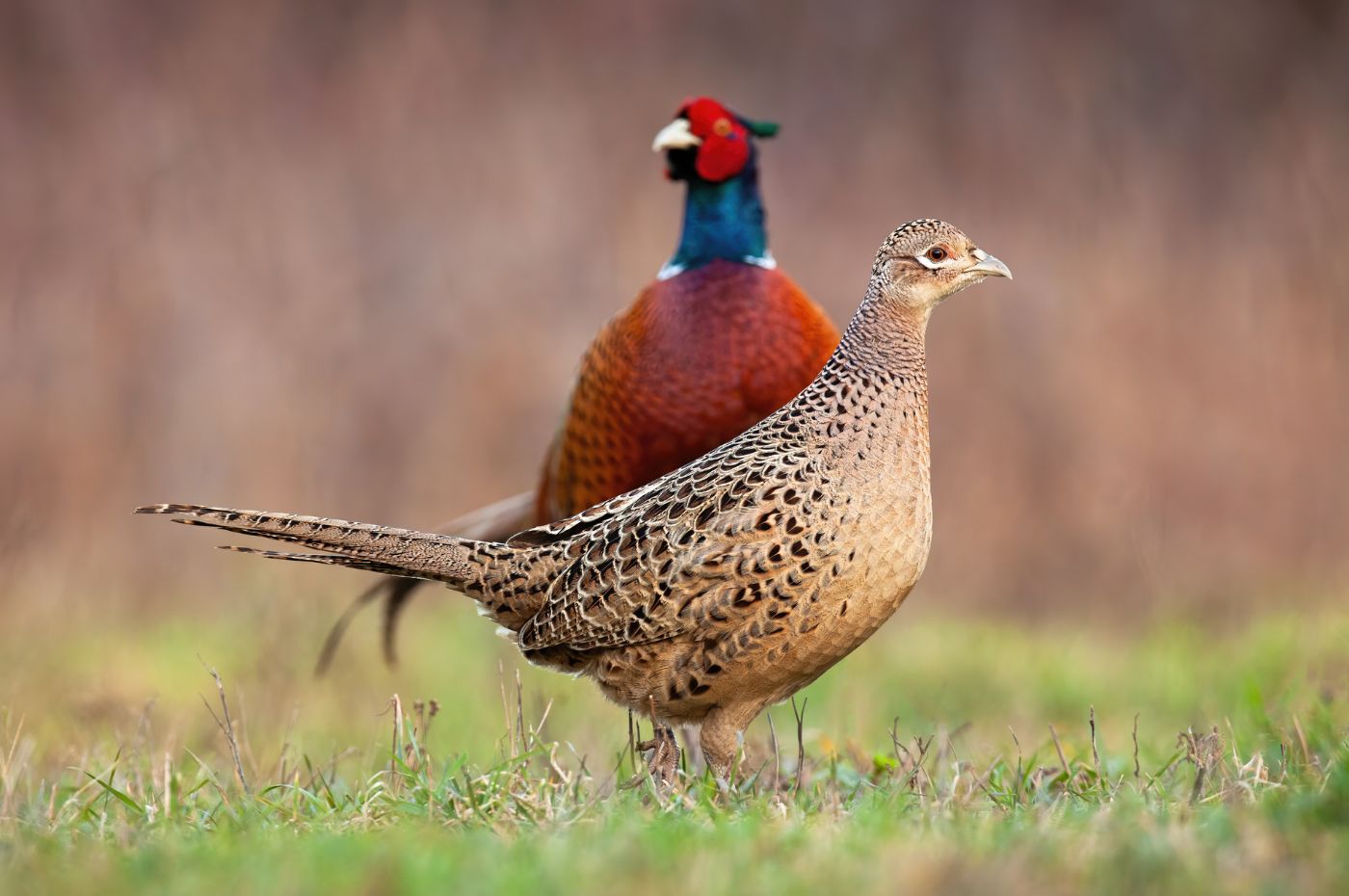Last chance to nominate your favourite rural businesses
Scotland takes great pride in its heritage and in the rural businesses shaped...
View Details
Anglers are to be banned from keeping any salmon they catch on a record number of Scotland’s rivers.
A mandatory catch-and-release policy will remain in force next year and breaches could mean a fine or criminal conviction.
The ban is being introduced on 117 rivers, up from 112, after Scottish Government officials last week ruled that salmon stocks were unsustainable in 68 per cent of Scotland’s waterways.
But fears have been raised over dwindling stocks under threat from climate change, pollution, blocked rivers and disease and parasites spread by fish farm escapees.
A total of 26 rivers were ranked ‘moderate’ – where catch and release is encouraged – while only 30 were rated ‘good’. On rivers rated ‘good’, anglers are permitted to keep salmon they catch.
The Scottish Countryside Alliance have, however, urged all anglers to exercise a common-sense approach to salmon caught in rivers ranked both moderate and good. Jake Swindells, Director of the Scottish Countryside Alliance, urged anglers to continue following a self-imposed voluntary catch and release for at least five years.
He said:
“The priority of any angler must be to conserve salmon numbers, above anything else. Rod caught salmon from Scottish rivers is not a staple food or a necessity. Exercising this sensible approach will not affect the sport nor will it impact tourism, but it will go a long way in helping the species thrive in our waters again. By taking this approach, we can reduce the need for further government legislation”.
Scotland’s most famous salmon rivers, the Spey and the Tweed, have retained their ‘good’ grading.
Official data published this year showed that salmon numbers have plunged to a historic low. Figures for 2023 found just 32,477 were caught in rivers last year, the smallest catch since records began in 1952.
A spokesman for the Scottish Government said: ‘Our Wild Salmon Strategy and Implementation Plan sets out over 60 actions to be taken over the next four years by government and delivery partners to tackle the wide range of pressures that salmon face in the freshwater, coastal and marine environment.’
‘Many areas in Scotland already practise voluntary catch and release even though their conservation status may allow for retention of salmon.’

Scotland takes great pride in its heritage and in the rural businesses shaped...
View Details
Stage 2 of the Natural Environment (Scotland) Bill continues to be debated by...
View Details
The Rural Affairs and Islands (RAI) Committee recently met to debate amendments...
View Details